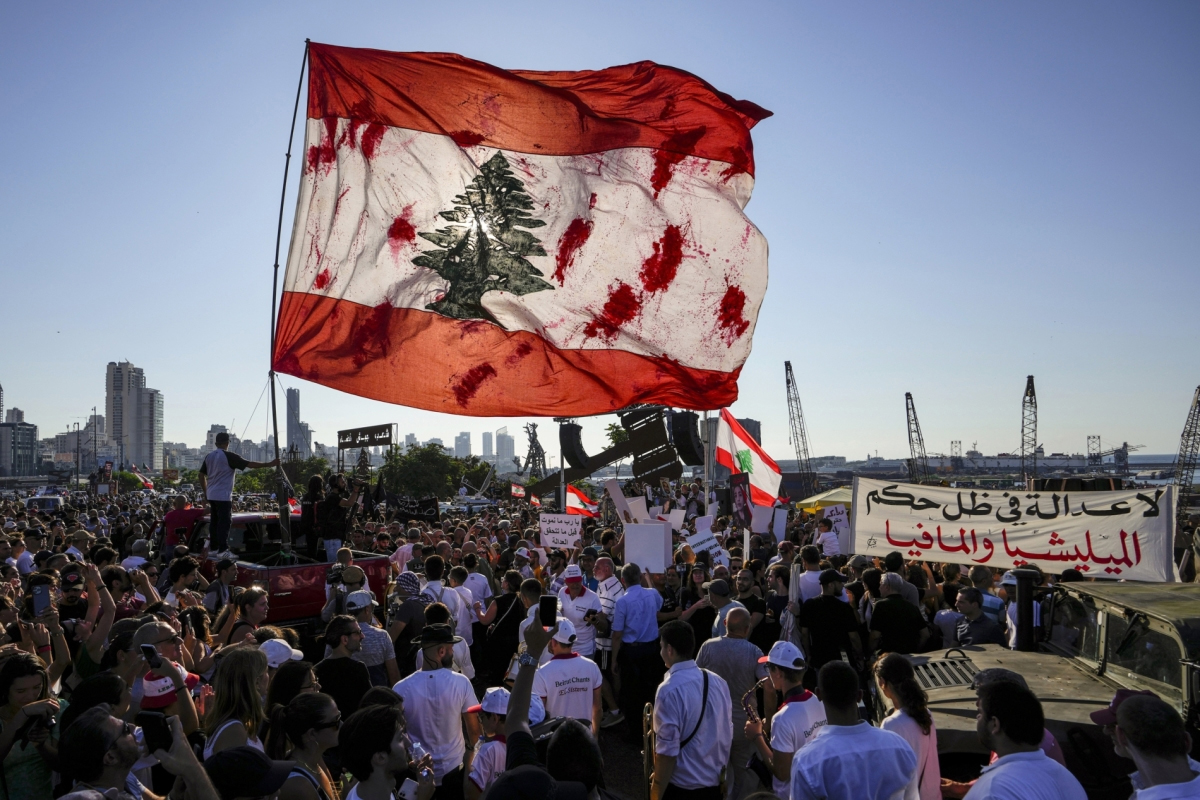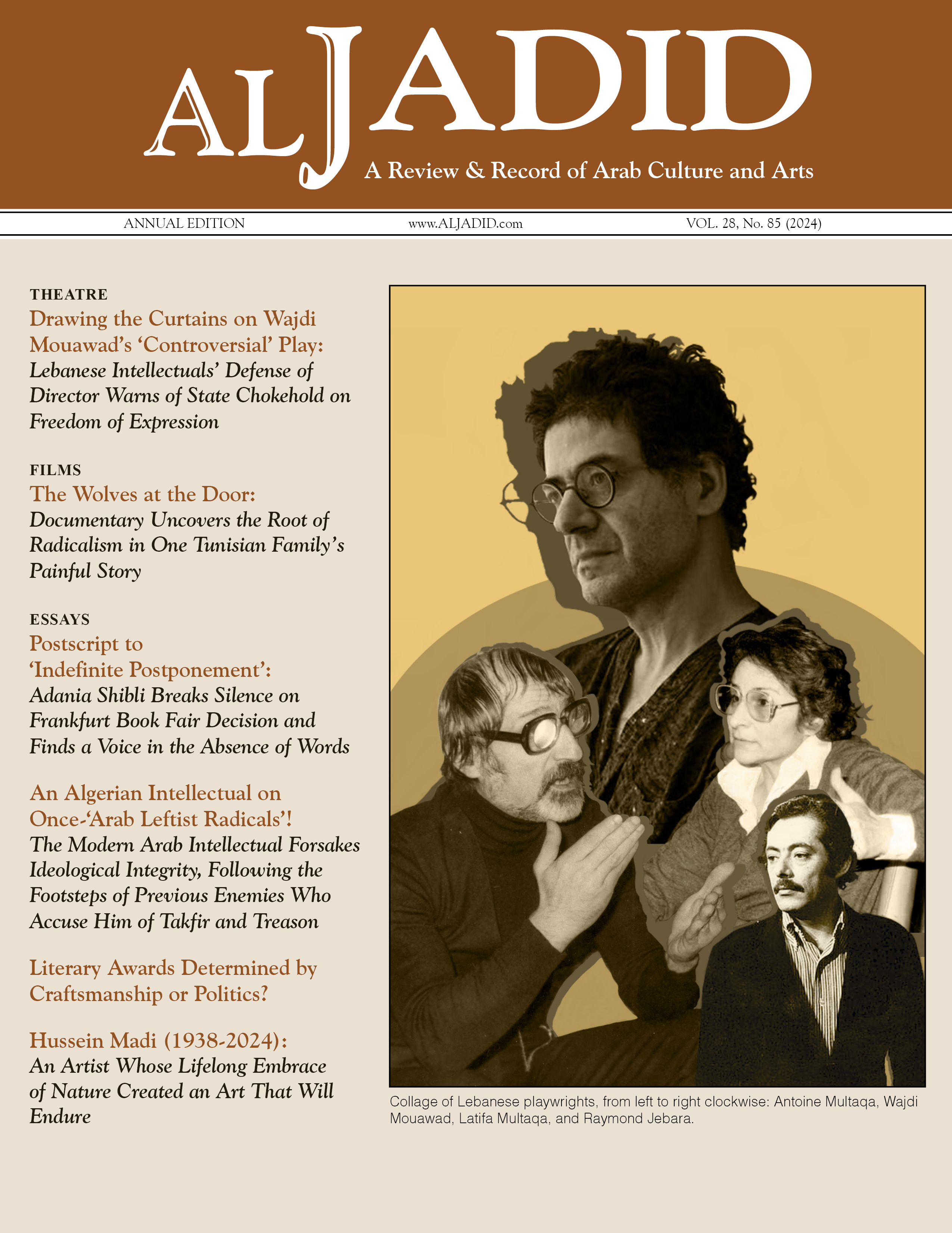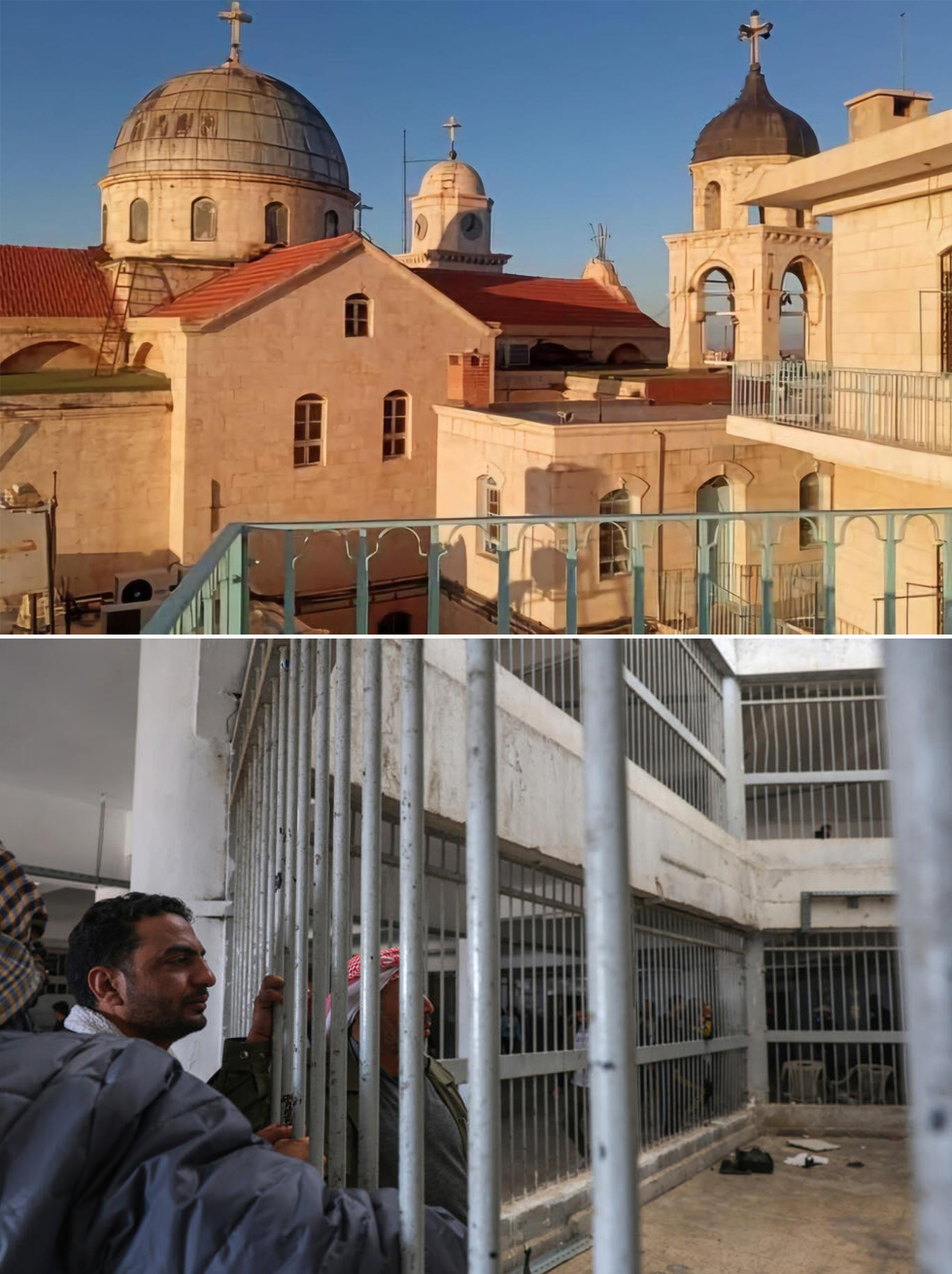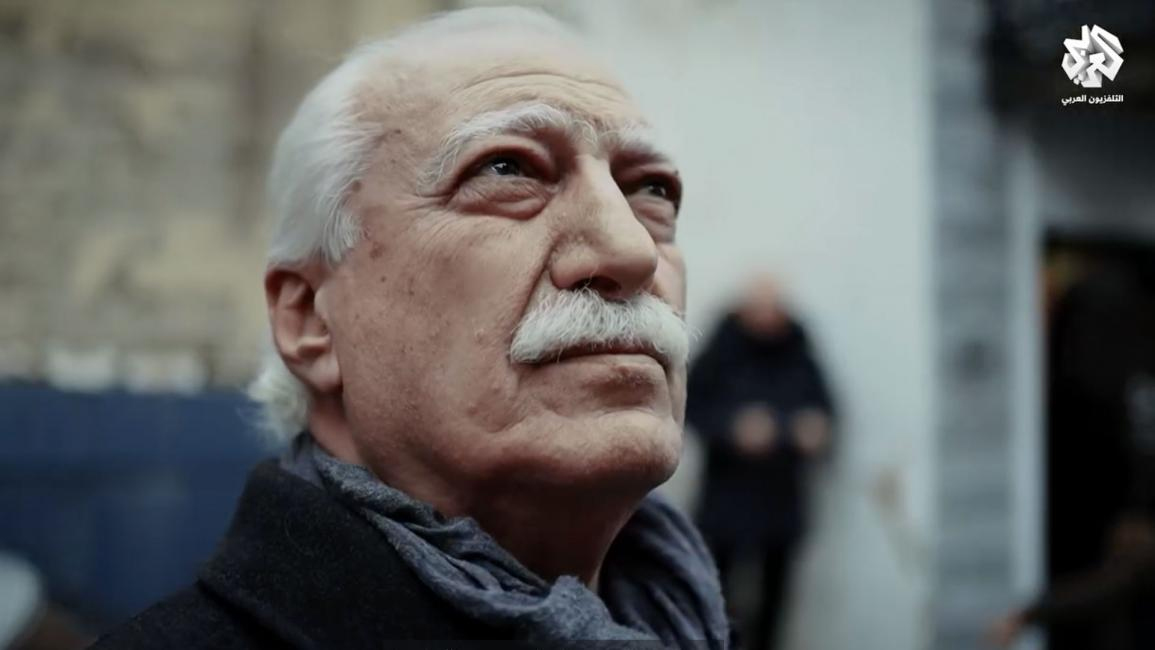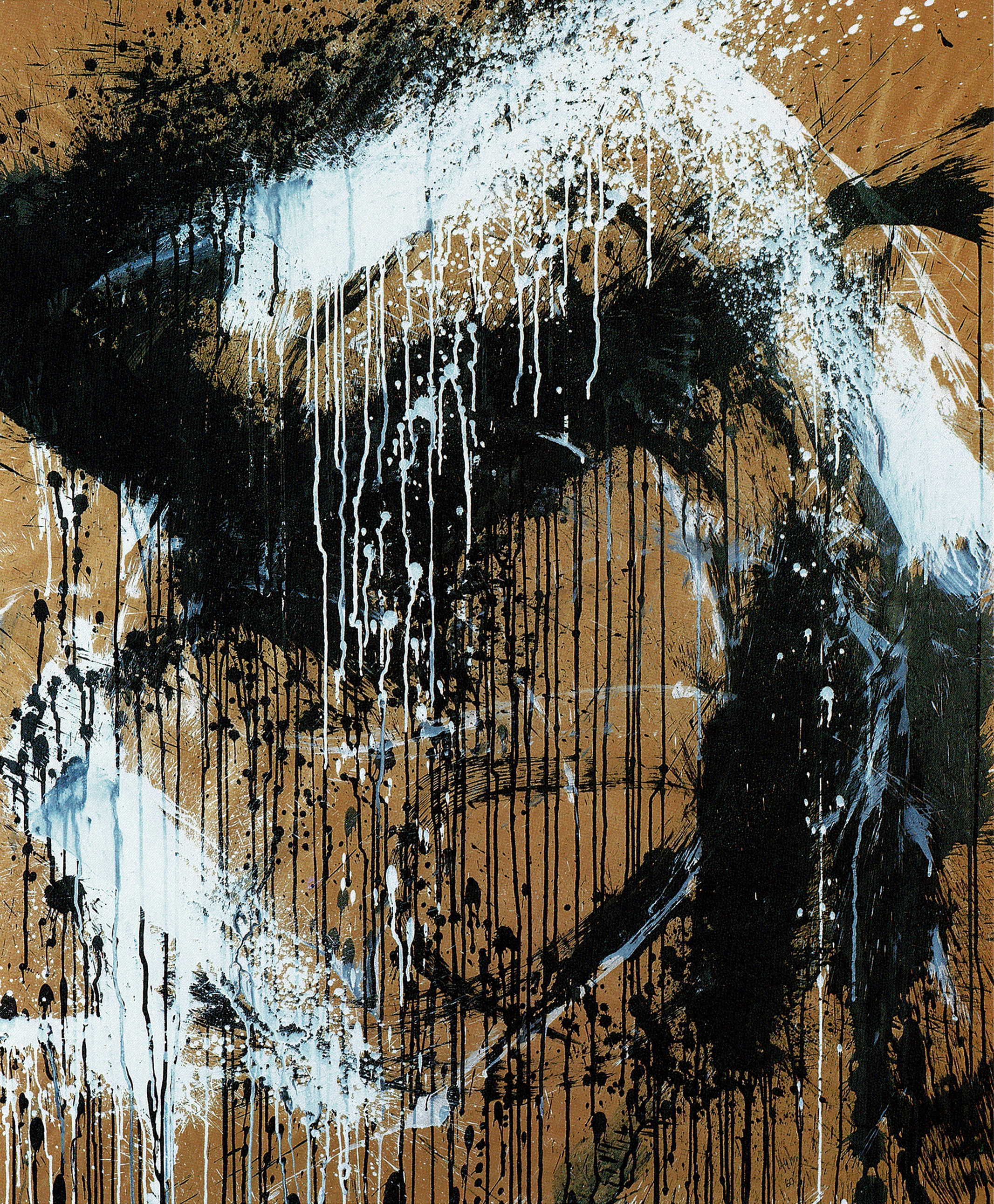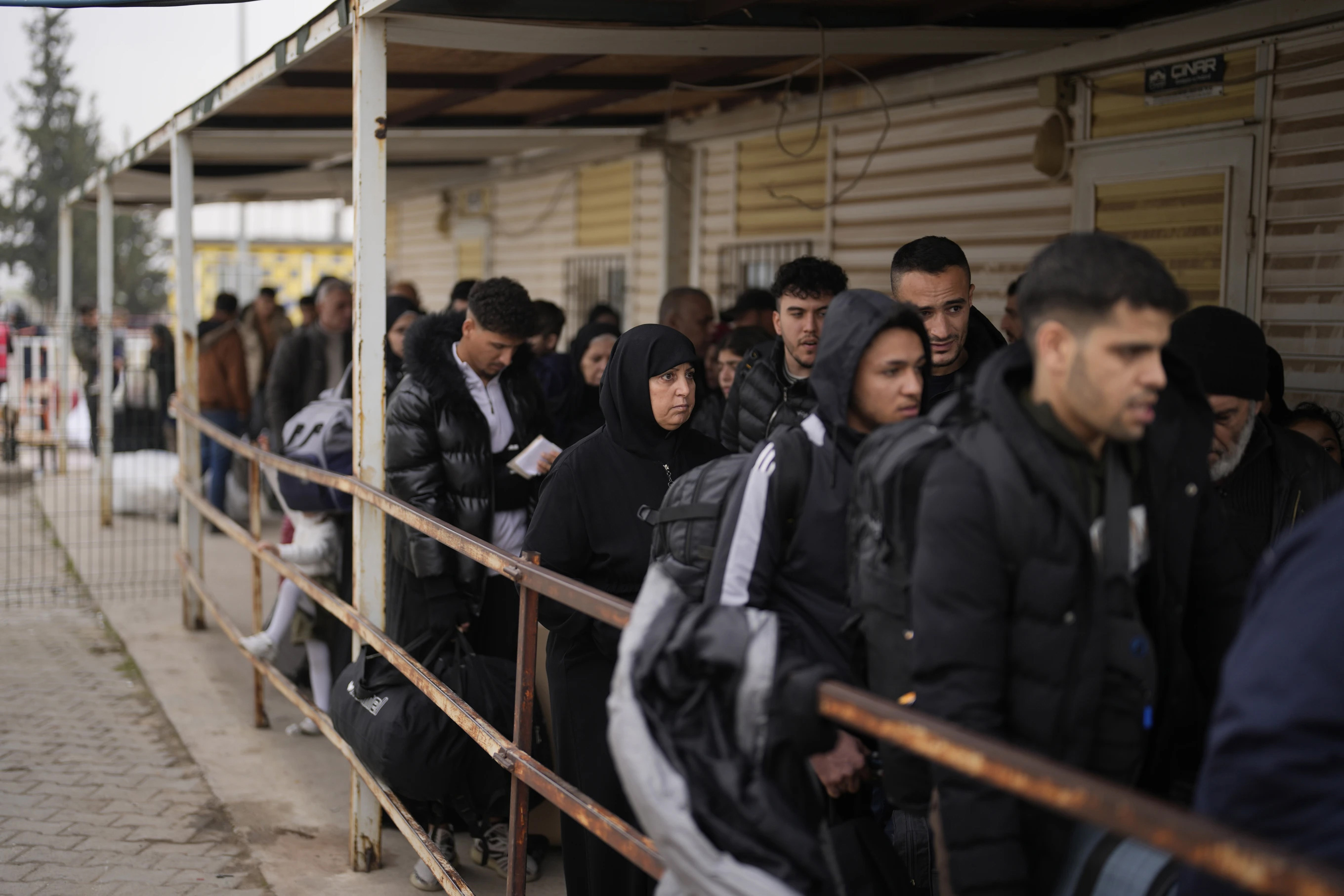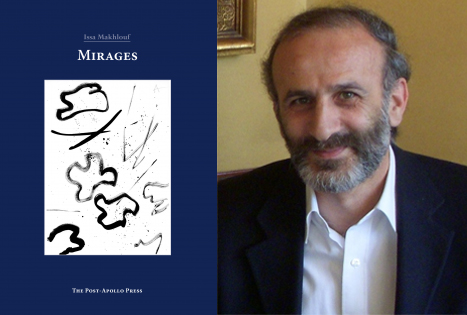
Syrian Refugee Drama Troupe Seeks to Heal Traumas
It is no accident that the "Love Boat" theatrical sea journey ends in Shakespeare's "King Lear," as more and more Syrians die either under assault from Assad and Russian bombs or by drowning, desperately taking to the seas in hopes of escaping genocidal policies.
‘The Morning They Came for Us’: Untold Stories of Syria's Most Vulnerable Victims
Ms. Janine di Giovanni, one of Europe’s most respected reporters, chronicles the hardships inflicted upon adults and children alike, telling tales both gruesome and emotional in her new book, “The Morning They Came for Us” (Liveright, 2016). From her visits to Syria in 2012, di Giovanni gathered stories, speaking with a diverse group of people including pro-Assad nuns, regime doctors, and civilian activists...“The Morning They Came for Us” provides rich content that can be difficult to find in daily news coverage alone.

